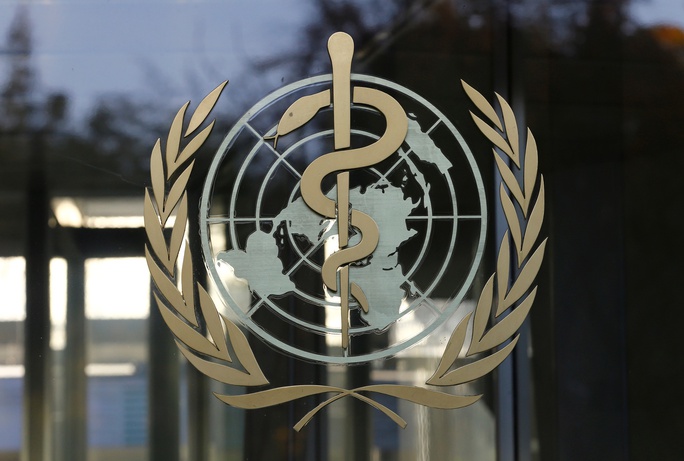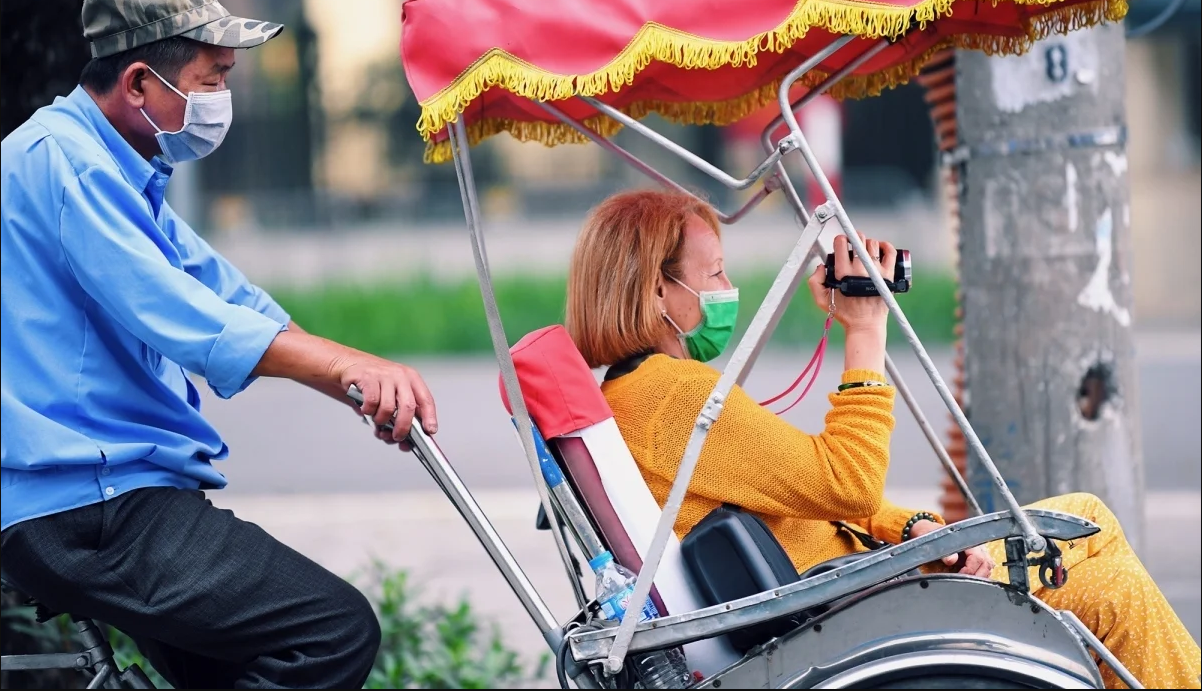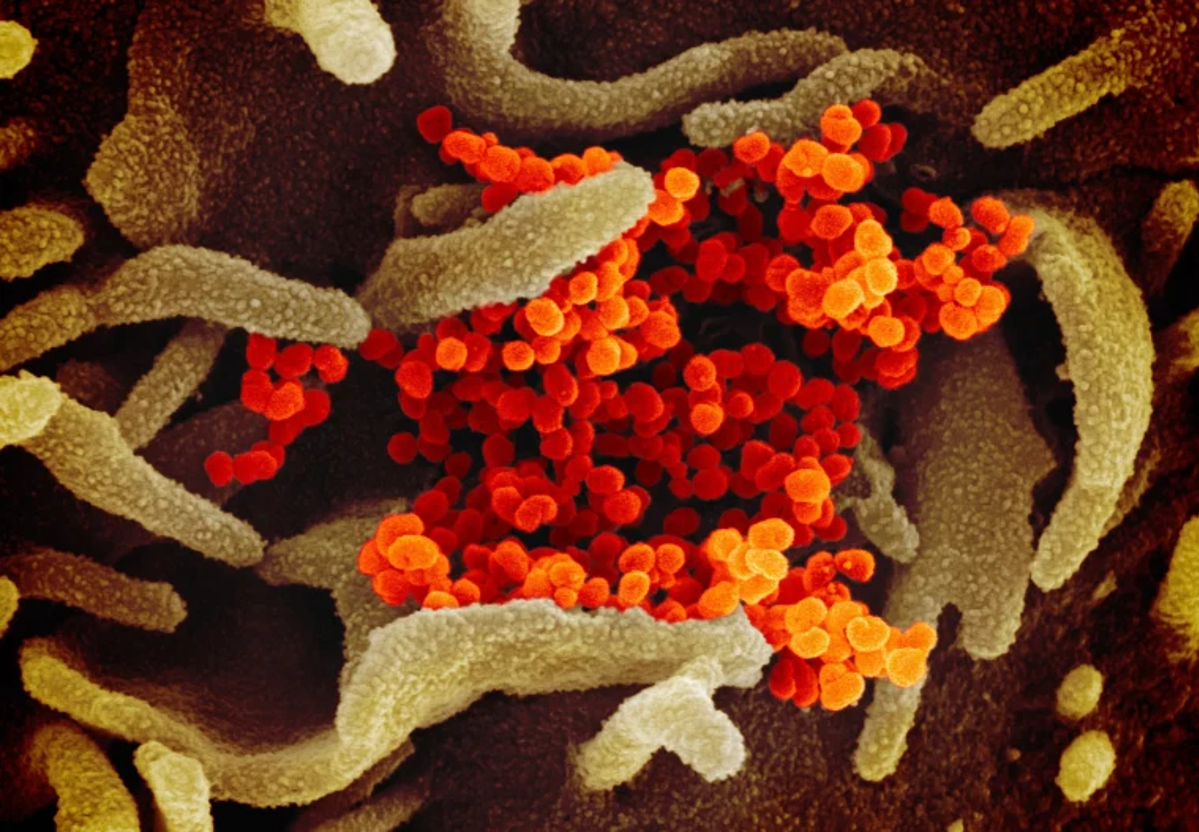WHO warns: An infectious disease increases 10 times in 20 years
- One of the most dangerous infectious diseases, known for a long time but with no specific medicine, no really effective vaccine, is trending strongly around the world due to climate change.
The World Health Organization (WHO) has just issued a strong warning about the very rapid outbreak of diseases caused by the arbovirus group, dengue fever, zika, chikungunya, all of which are intermediate hosts are mosquitoes.
In particular, dengue virus (dengue hemorrhagic fever, the most common) is the highest warning. "About half of the world's population is currently at risk of dengue fever with an estimated 100–400 million infections occurring each year," the document received by the World Health Organization (WHO) on April 6 said. .

The incidence of dengue has increased significantly around the world in recent decades, with cases reported to WHO increasing very rapidly from 505,430 in 2000 to 5.2 million in 2019. that is more than 10 times increase in just 2 decades.
According to WHO, this is due to the effects of climate change. High rainfall, rising temperatures and even water scarcity create conditions for mosquitoes to breed. In addition, the increase in the flow of people and goods, urbanization coupled with deforestation and accompanying water and sanitation problems also promote this infectious disease.
Deforestation and urbanization also allow mosquitoes to better adapt to new environments and increase the risk of transmission by geographic area.
As a mosquito-borne disease, zika and chikungunya are also in that trend, although less common, but equally dangerous, especially when the disease spreads to at-risk populations.









 Facebook
Facebook
 Tweet
Tweet
 Zalo
Zalo







 News
News

















 Sign in with Facebook
Sign in with Facebook
 Sign in with Google
Sign in with Google